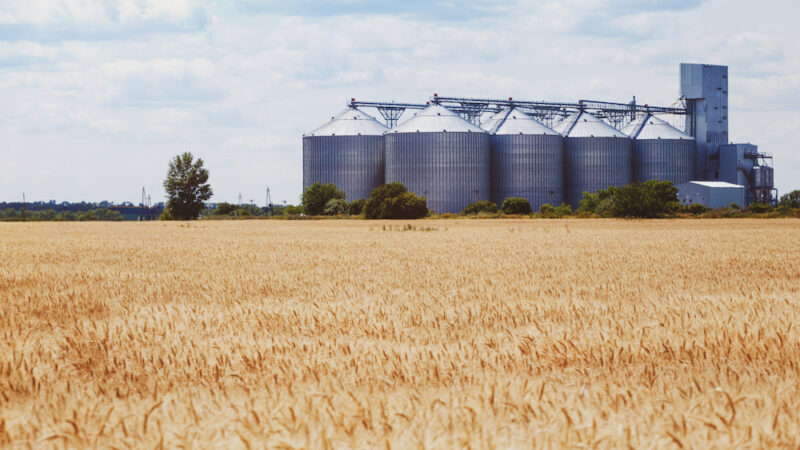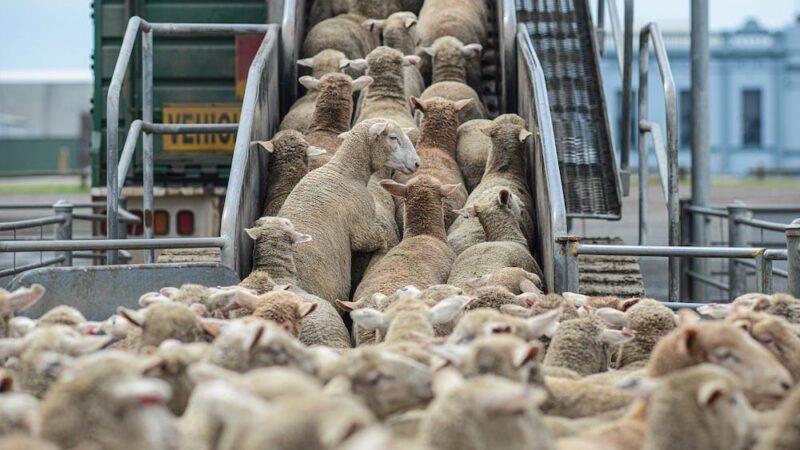NSW Farmers has welcomed a NSW government policy change which allows seasonal farm workers who…
Extra road repairs welcomed
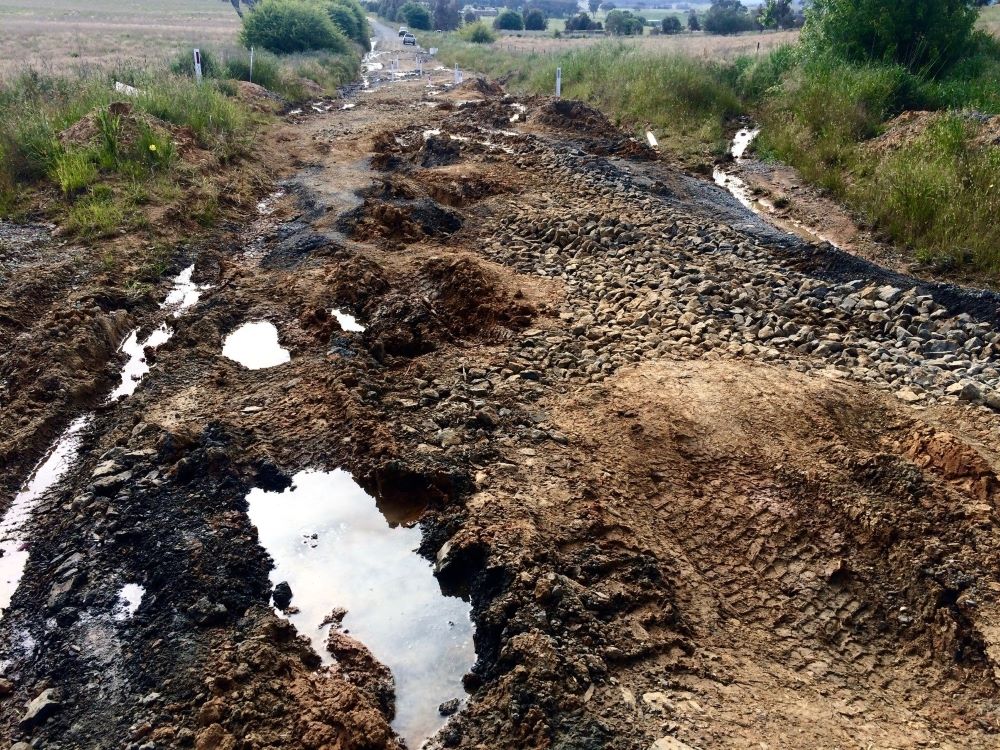
The NSW Government is deploying 200 people and heavy machinery from across the state to the central west and Murrumbidgee to assist with the mammoth task of flood damaged road repairs.
According to local councils about 10,000km of roads had been flood-affected, leaving communities to deal with more dangerous conditions and longer travel times in rural areas.
The situation was placing enormous strain on an already stretched agricultural sector, with limited harvest opportunities and road access causing headaches across the state.
NSW Farmers Business, Economics and Trade Committee chair John Lowe said the extra help to get road repairs underway was welcomed, and the total damage bill could be enormous.
“It’s great to see these extra workers will be deployed to the worst-affected areas, but there is simply so much damage out there that we could be looking at roadworks for many months to come,” Mr Lowe said.
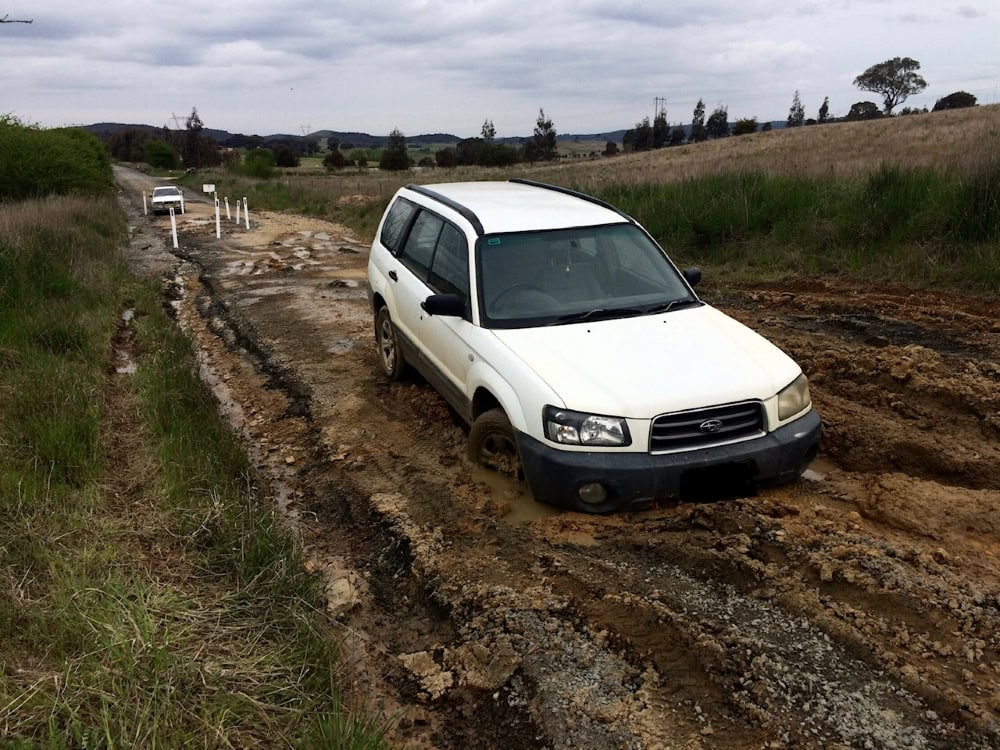
“Rural people are dismayed at how quickly the road network crumbled, and it’s pretty clear that we need to rebuild better so we can avoid these sorts of headaches in the future.
“We need to get rural communities and businesses up and running again, so we can do our part in the food and fibre supply chain.”
NSW Farmers Business, Economics and Trade Committee chair John Lowe
Emergency funding for urgent road repairs was being fast-tracked by the NSW Government, and Mr Lowe thanked both the state and federal governments for their response.
“To their credit the authorities are listening to communities and providing support, the problem is that there’s just so much work to be done,” Mr Lowe said.
“Even if we had a limitless stream of money to fix these roads up, it’s unclear who would actually do that work.
“We need resilient communities and resilient roads, but to get there we may well need military engineering support to help get back on track.”
Flood damaged roads impact grain harvest
Grain Producers Australia (GPA) is calling on federal political leaders to deliver urgent solutions to fix infrastructure damage that’s having devastating impacts on farm viability and community safety.
Recent flooding is responsible for causing significant losses for many Australian grain producers with downgraded grain quality, un-harvestable crops and severely delayed and interrupted harvest.
The severe and untimely weather is also having a major impact on local road networks, exacerbating an already strained grains supply chain – not only on the east coast of Australia.
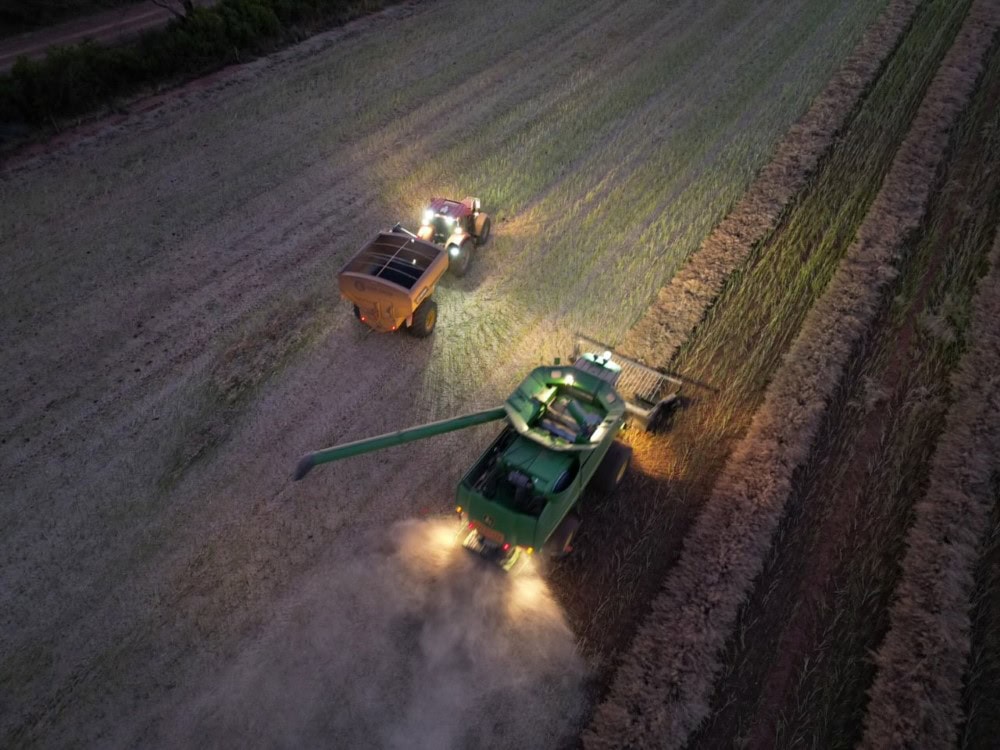
GPA Northern Director and NSW Farmers member, Matthew Madden, said the Federal Government needed to fast-track emergency funding sources, in the interests of public safety and the economy.
The Moree grain farmer said the Roads to Recovery Program – which supports the construction and maintenance of the nation’s local road infrastructure assets, to facilitate greater accessibility and improves safety, economic and social outcomes for Australians – was a great starting point to fixing problems.
“The bottom line is we need a source of serious and legitimate funding delivered now, so we can start working on these urgent jobs that really needed to be done yesterday, he said.
“Roads are not only riddled with potholes – they’re also blocked and shut-off because they’re so unsafe. We can’t continue to maintain public safety standards, without urgent road maintenance.
“The cash needs to start flowing to move farm machinery safely and to get the grain moving safely and efficiently from farms to customers – especially our major export customers.”
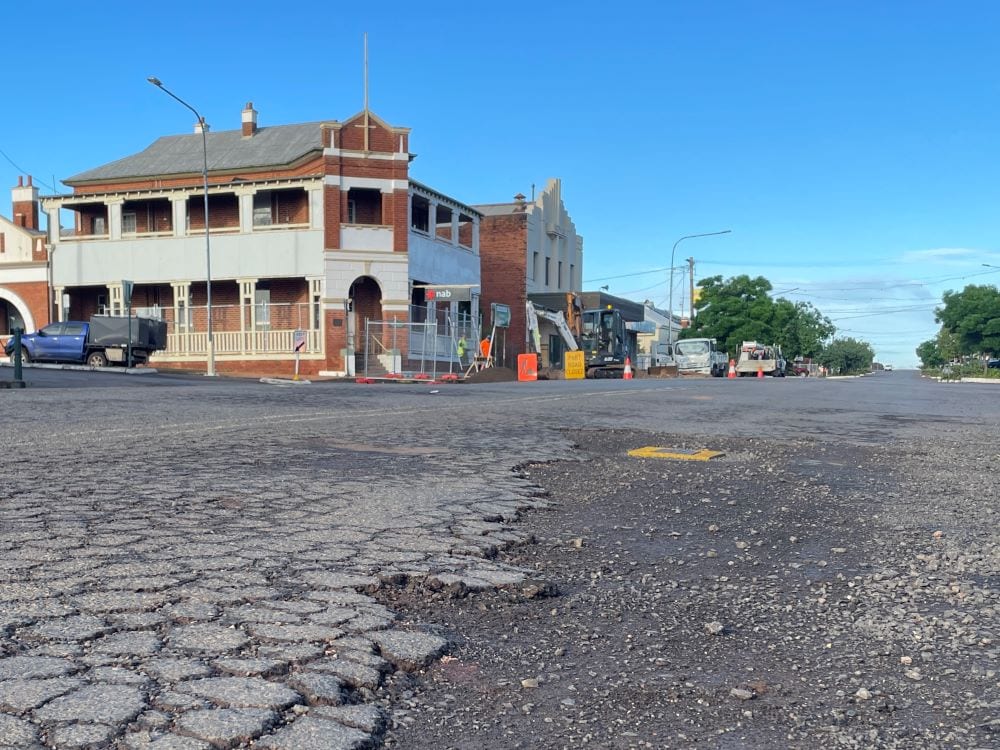
GPA Chair, Barry Large said Australian grain producers are carrying serious production risks this year, having planted our most expensive crop, due to record high input costs.
Mr Large said these supply chain disruptions and setbacks – especially damaged roads, covered in potholes throughout grain growing communities – were only adding insult to injury.
“I’m sure there many growers and community leaders, such as local government members, who will gladly offer some direction for the ministers on which roads need to be avoided, in order to get out and witness this damage for themselves,” Mr Large said.
“Time is money at harvest and we’re all conscious of good safety outcomes, but we need a much higher standard of infrastructure and roads, to deliver these shared outcomes.”
With another large harvest in play, close to last year’s record 62 million tonnes, traffic movement and road use is higher than normal, with trucks moving grain loads from farms to delivery sites.
GPA wrote to the two ministers recently, and Prime Minister, Anthony Albanese, raising concerns about the impact of floods on grain farming communities, highlighting infrastructure damage.
NSW Farmers is calling for action on recommendations from the state government’s Response to Major Flooding inquiry. Read more here.






